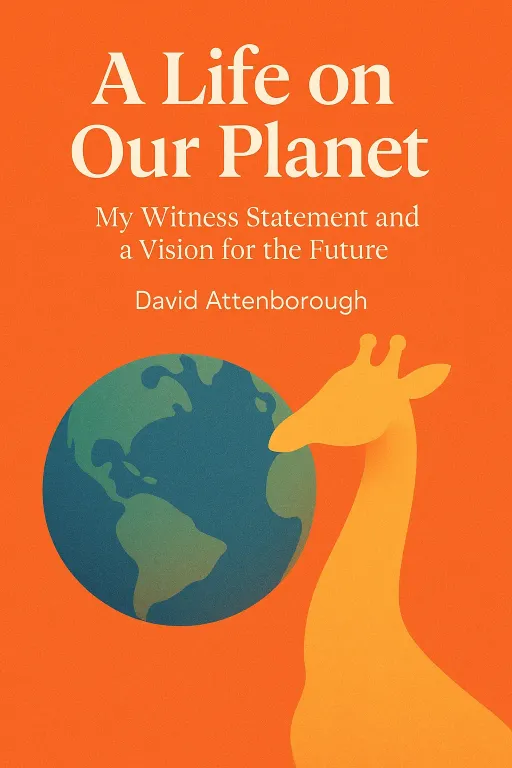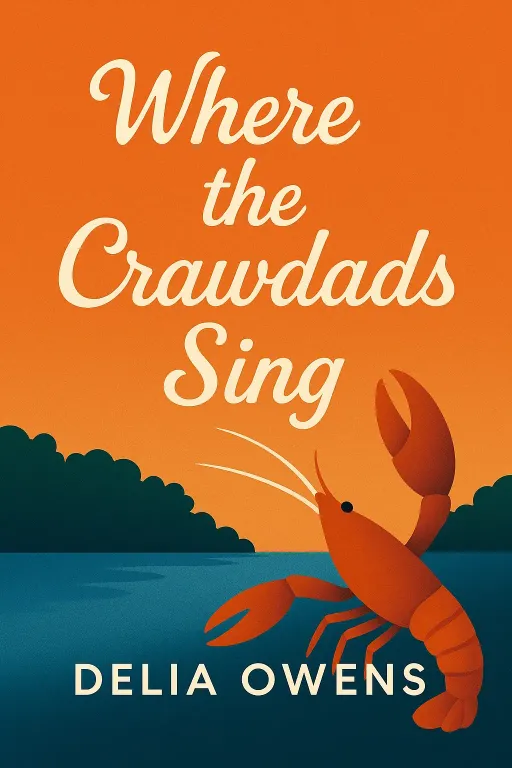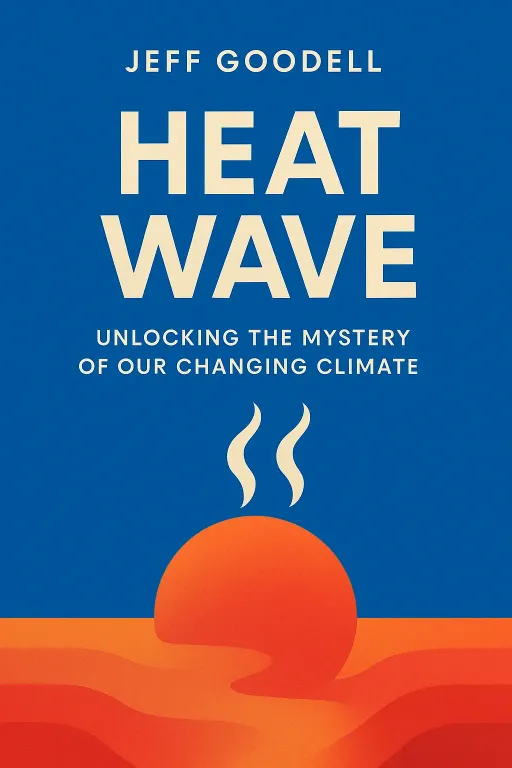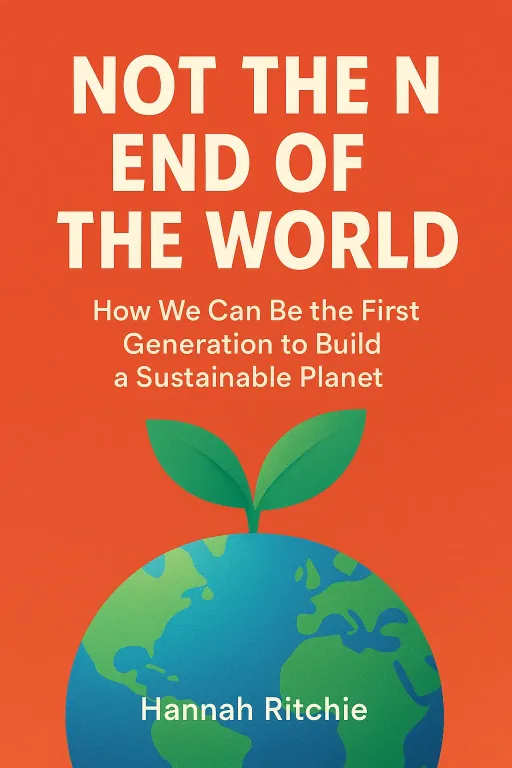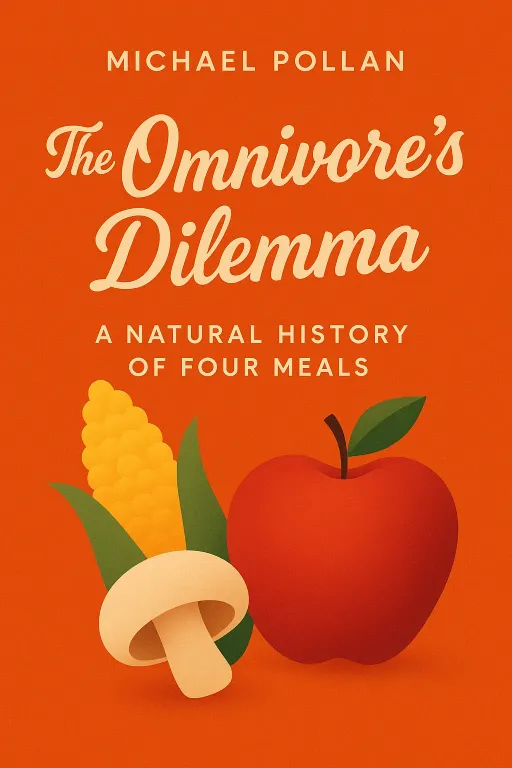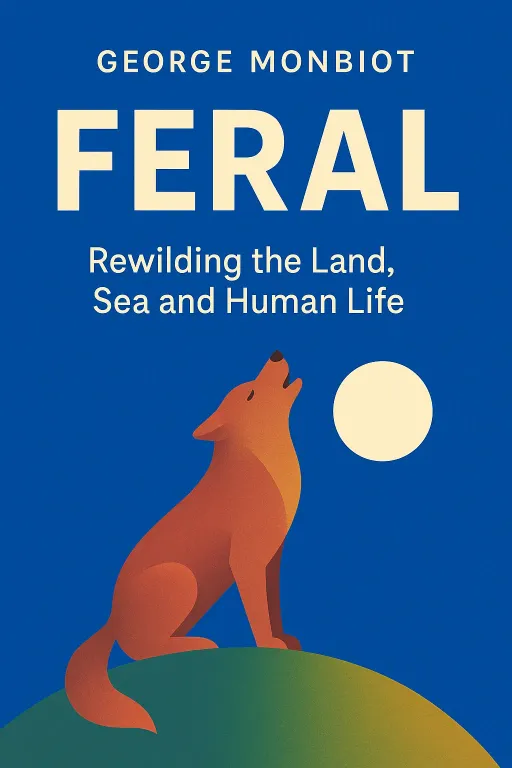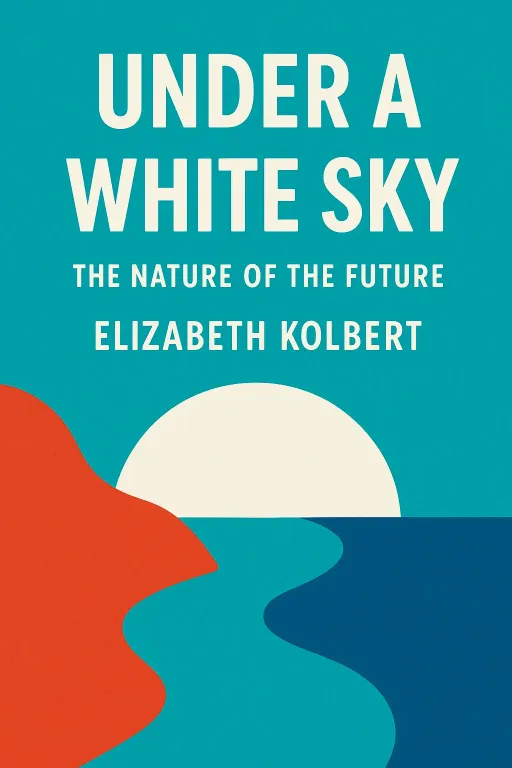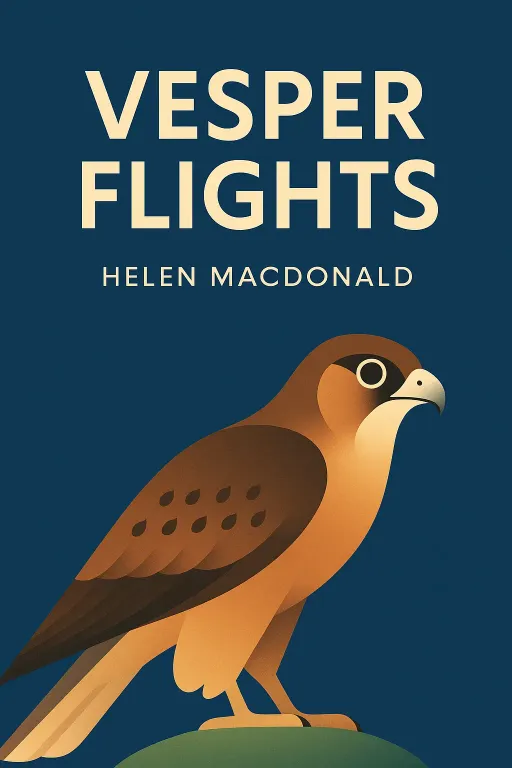
Vesper Flights
8 minIntroduction
Narrator: Imagine standing atop the Empire State Building on a chilly May evening, the city a glittering grid below. The air seems empty, a void between the skyscrapers. But then, a researcher points to a radar screen showing a massive, swirling bloom of life moving north. It's not weather. It's a river of tens of millions of migratory birds, a hidden ecosystem flowing through the airspace above Manhattan. Suddenly, you see them—tiny songbirds, like embers or slow tracer fire, passing in the dark. This unseen spectacle, a world of life existing just beyond our perception, is the territory Helen MacDonald explores in her profound collection of essays, Vesper Flights. The book is structured as a "Wunderkammer," or a cabinet of curiosities, presenting a series of seemingly disparate observations about the natural world. Yet, taken together, they reveal a powerful argument about love, loss, and the urgent need to see the world through eyes that are not our own.
Science and Stories Are Two Lenses for a World in Crisis
Key Insight 1
Narrator: MacDonald argues that to truly comprehend the environmental crisis, we need more than just data; we need stories. Science can provide the hard facts, but literature is required to communicate what the losses truly mean. She illustrates this with the plight of the wood warbler, a small, citrus-colored bird whose population is in steep decline in British forests. Scientists can produce charts and statistics showing the rate of their disappearance, identifying causes and proposing mitigation strategies. But these numbers fail to capture the qualitative loss—the way a forest becomes less magical, less complex, and simply less when the warbler’s shivering, descending song is no longer heard.
The scientific fact of the decline is one kind of truth. The emotional truth of that absence is another. MacDonald contends that science shows us we live in an exquisitely complicated world that is not all about us, a humbling and necessary perspective. However, it is literature and art that can convey the texture of that world, making its loss feel tangible and personal. Without the emotional weight that stories provide, the motivation to fight for preservation withers. Data can inform the mind, but it is the story of the empty forest that moves the heart to action.
The Human Imprint on the Wild
Key Insight 2
Narrator: Throughout Vesper Flights, MacDonald demonstrates how easily we project our own cultural anxieties, histories, and biases onto the natural world. Animals become symbols, carrying the weight of our human dramas. A striking example is her exploration of the cuckoo in post-war Britain. In the 1950s, a time of intense Cold War paranoia about the "enemy within," the cuckoo—a brood parasite that lays its eggs in the nests of other birds—became a potent symbol of infiltration and deception. Ornithologists even staged experiments, showing how fiercely native songbirds would attack a stuffed cuckoo, framing it as a patriotic defense against a foreign invader.
This tendency is further explored through the strange life of Maxwell Knight, a high-ranking MI5 spymaster who was also a famous BBC radio naturalist. Knight, the inspiration for James Bond’s controller ‘M’, kept a menagerie of animals and saw his work in counter-subversion mirrored in the taming of wild creatures. When he raised a cuckoo chick named Goo, he was fascinated by its secretive nature, seeing it as a kindred spirit. For Knight, the cuckoo wasn't just a bird; it was a reflection of his own life in the shadows of espionage. MacDonald uses this story to show that our understanding of animals is never pure; it is always filtered through our own lives, our politics, and our deepest fears.
Finding Nature in Unnatural Places
Key Insight 3
Narrator: MacDonald challenges the romantic and often exclusionary idea that "nature" is something that exists only in pristine, remote wilderness, far from human influence. Instead, she finds it thriving in the most unexpected and seemingly unnatural places. One of the most powerful essays follows her to the Poolbeg Power Station on the industrial edge of Dublin. Amidst the decommissioned chimneys, sewage works, and shipping containers, a pair of peregrine falcons have made their home.
These birds, the fastest animals on the planet, are not in a wild, untouched landscape. They are hunting pigeons above scarred and broken ground. For MacDonald, watching these falcons is a "small, feathered rebuke" to the notion that nature is separate from our own world. Their presence in industrial ruins serves as a profound reminder that life is adaptable and resilient. It suggests that we must protect the nature that exists right alongside us, in our cities and industrial zones, not just the nature preserved in distant reserves. These urban peregrines, she argues, stitch the sky to the ground, and nature back to the city.
The Solace of Otherness
Key Insight 4
Narrator: In a world where we are often encouraged to find ourselves in nature, MacDonald discovers that the deepest solace comes from recognizing that animals are fundamentally not like us. Early in her life, she projected her own feelings onto animals, imagining a pet otter would want the same things she did. Later, after her father's death, she tried to escape her grief by becoming like a goshawk—fierce, solitary, and inhuman—only to find it a disastrous model for living a human life.
Her perspective shifts in a quiet moment of anxiety on her back doorstep. A rook flies overhead, and instead of identifying with it, she is struck by the profound, unbridgeable gap between their experiences. She can never know what it feels like to be that rook, and its life is not about her at all. In this realization, her anxiety vanishes. The comfort comes not from seeing the animal as a mirror, but from acknowledging its complete and separate existence. This recognition stitches her back into a world where she is not the center, but simply one feature among many. It is in this humbling acceptance of difference, she concludes, that true connection to the natural world is found.
Conclusion
Narrator: The single most important takeaway from Vesper Flights is a powerful call for a new kind of attention. Helen MacDonald urges us to look beyond our human-centric world and find wonder in the complex, interconnected, and often hidden lives of the creatures with whom we share the planet. It is an invitation to love difference, to see through eyes that are not our own, and to recognize that we are but one small part of a vast and mysterious whole.
The book leaves its audience with a beautiful and challenging metaphor from its title essay. At dawn and dusk, swifts perform "vesper flights," ascending high into the atmosphere. Scientists believe they do this to gain perspective, to read the weather systems, and to orient themselves for the journey ahead. In our own turbulent times, perhaps we are being called to do the same: to rise above the noise of the everyday, to see the larger patterns at play, and to find our way forward, together.


